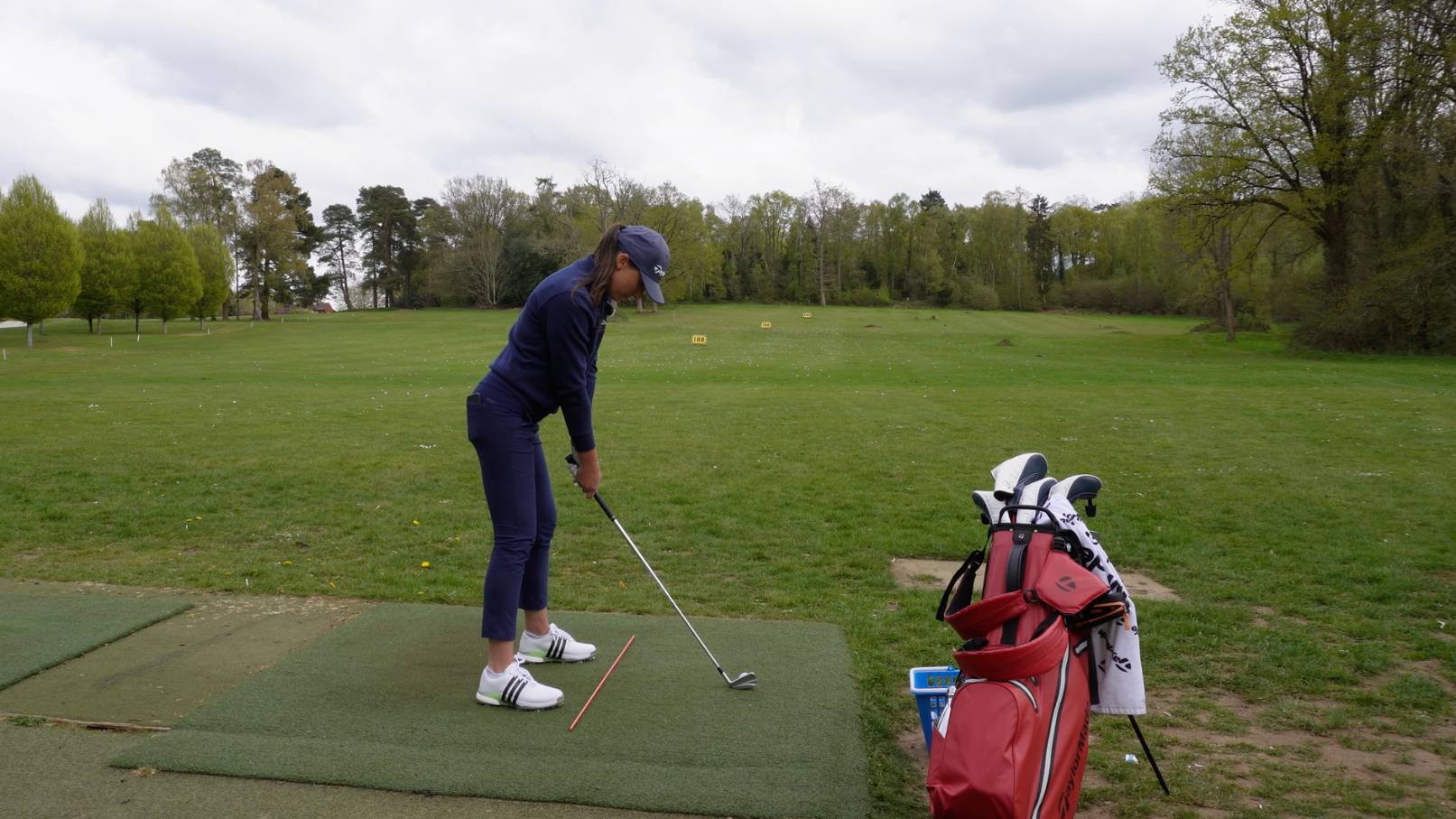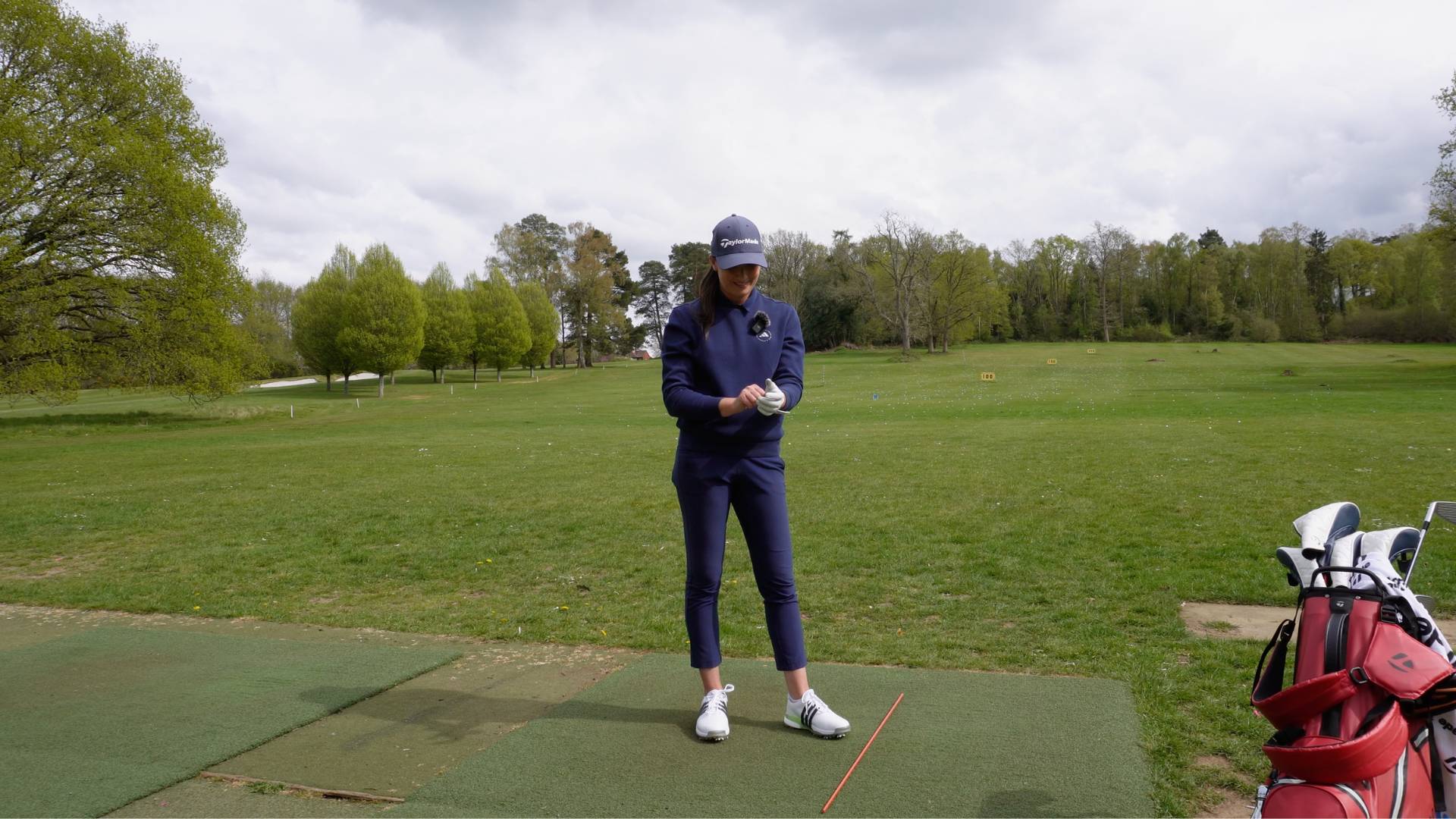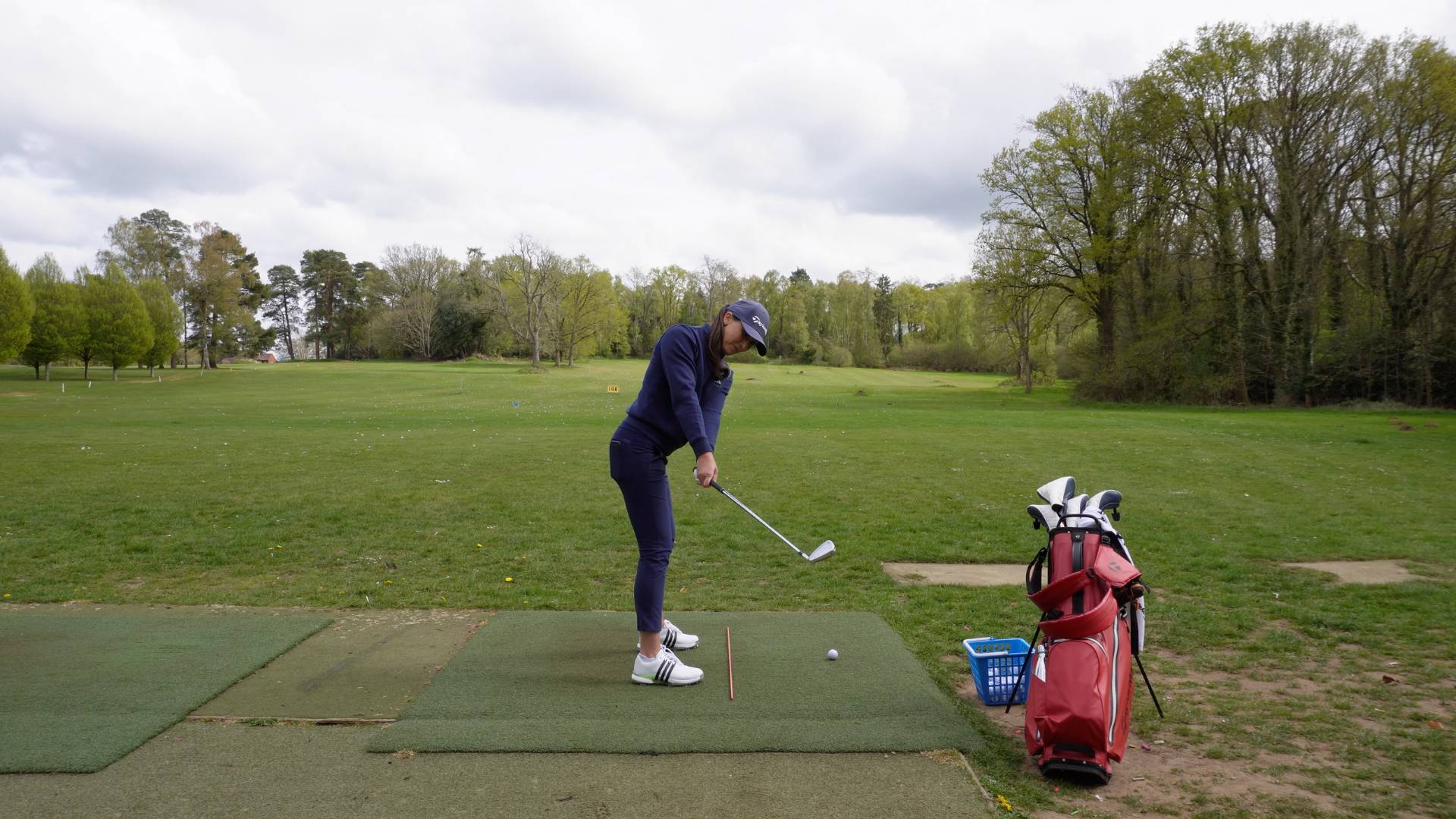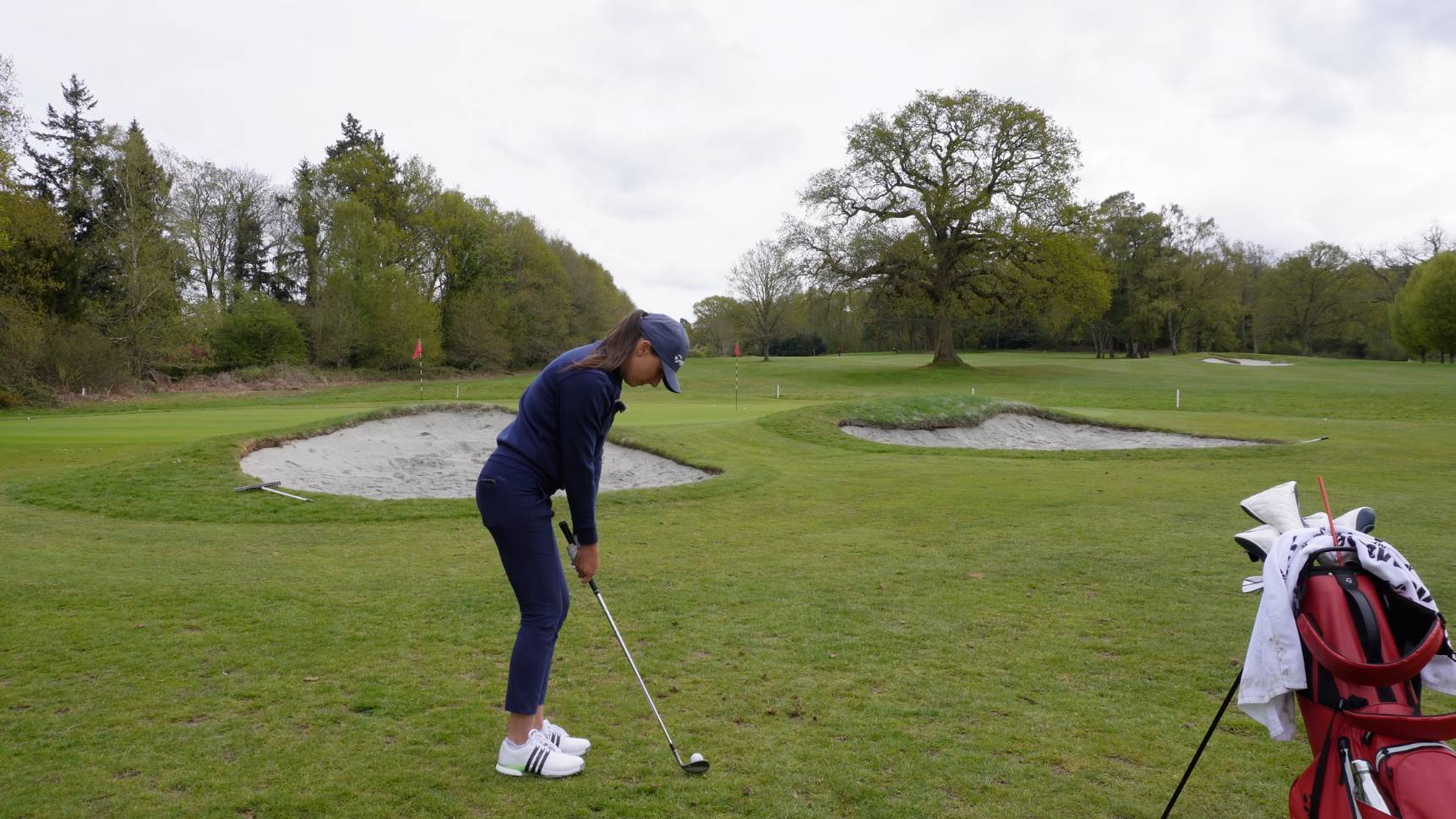
One of the things that I love about golf is how progress is measurable. The numbers you note down after each hole and round tell you where your game is at and give you a benchmark to break, whether that’s shooting in the 90s, 80s, 70s or bettering your score on that one hole you always seem to double bogey.
It was the number 34 (my first handicap) that inspired me to set myself the goal of getting to single figures in 12 months. Last year, it was the number 0 that inspired me to start my search for scratch. I’m currently a 7.3 handicap so there’s a long way to go. But I don’t mind that.
I’ll always be proud of getting to single figures in a year but if I’m honest, the pressure I put on myself sucked the joy out of the process – and progress I was making along the way.
It felt like every round had to lead to a handicap cut, every practice session had to be productive and every mistake or “one of those days” rounds was a setback that put me behind schedule.
Reaching the destination became my focus, rather than enjoying the ride of getting there. So this time around, I’m doing it differently. Yes, I want to become a scratch golfer but I’m not going to rush the journey, I’m going to relish it.
Here are 5 things I’m focusing on to find the joy in getting better.
Measure Success By Small Wins
Getting to scratch might be the destination but success now looks like stacking up those small wins. That might be making smarter course strategy decisions, hearing that crisp iron strike, getting up and down more often or bouncing back from a tough hole with more resilience than last time.
I’ve made a shift from result to progress-based thinking and it’s made the goal feel lighter and more rewarding already, even though I’m far from the finish line.
By soaking in those small wins, my mind is on the progress I’m making, rather than the gap that I’ve got left to go.
Take My Time By Not Setting A Deadline
When I set the goal of getting to single figures, it gave me a sense of purpose but it also started that stopwatch. I had a challenge on my hands and as inspiring as that can be, I always had one eye on the clock.
That rushing left me with swing habits that I’ve spent this winter unpicking because I had a swing that worked “well enough” but that I knew would ultimately limit my progress if I wanted to reach that next level.
Now there’s no ticking clock counting down my journey to scratch. Removing the time pressure has opened up the space to enjoy the ride, rather than wish I was there already.

Make My Practice An Experience In Itself
This might be odd but I enjoy practicing almost as much as I enjoy playing. I’ll happily spend hours working on something in my swing, dialling in my short game or experimenting with different shots. I’ve got my go-to drills, routines and even those “what is happening” range sessions teach me something to take into the next.
I’ve spent a lot of time practicing this winter and I’ve loved it. There’s something quietly satisfying about building towards something, even when it’s not immediately obvious or it shows itself in moments rather than over the full round, like that 50-yard wedge shot that lands near the pin, rather than way past it like it would have before.

Look For The Learning In Every Round
I’ve always been a bit of a data nerd and I believe that’s one of the things that helped me get to single figures in a year – looking for where I was leaking shots in my game and then focusing deeply on that area before moving onto the next.
That’s why I look for the learning in every round and even, every practice session. On the course that might be tracking where I’ve leaked shots, like those drives that put me in a tricky spot or those approaches that could be closer.
I’ll also make a note of my improvements, like those long putts that left me with a tap-in rather than a knee-knocker like they might have before, or those iron shots that got me on the green rather than anywhere but.
When it comes to my practice, I’m a big fan of filming my swing because feel and real can be world’s apart. It might look a bit keen but I need a feedback loop to make sure I’m on track, rather than spinning in circles.
This mindset of looking for the learning has helped me feel calmer on the course and rather than beat myself for a bad shot, hole or round, I do my best to draw out the “data” and move on.

Trust That The Scores Will Come
One of the biggest shifts for me has been learning to trust that the work I’m putting in will pay off. It’s cliché I know, to “trust the process” but it’s true. This journey (another cliché!) isn’t something I can rush and having learned from chasing my first big golfing goal, I don’t want to.
I’ve come to terms with the fact that I can’t “rush” my scores either. After all, it seems that golf is a game of opposites and the more we push, the more those scores we’re seeking slip away.
Some of my lowest scores to date (in the 70s) have included a blow up hole – not something I would have expected. But when I look back on those rounds, the other thing they had was patience – a focus on one shot at a time, without overanalysing my scores or getting fixated on my swing.
That trust gives me a quiet confidence that I will get there and that patience gives me the space to enjoy the process of getting better.







